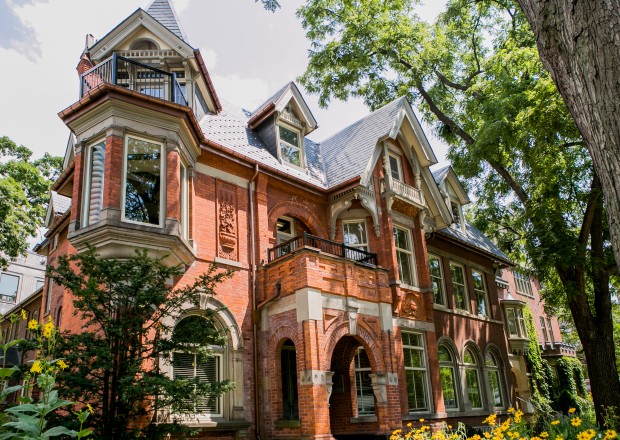Governance
The Toronto School of Theology (TST) is a consortium of seven member theological colleges, each of which has its own governance. A corporation has been incorporated under the laws of Ontario to serve the member colleges and to represent them in various matters in relation to the University of Toronto and other bodies. The name of the corporation is the Toronto School of Theology and the voting members of the corporation are the seven member institutions.
The corporation meets annually in October, and elects a Board of Trustees which is the primary instrument of TST’s governance. The Board of Trustees includes representatives of the member institutions, independent trustees chosen from the wider community, and representatives from the TST faculty and the University of Toronto. The Board generally meets five times per year. The Board operates under a By-Law which it has established for itself and which it has authority to revise. TST's structures of governance are designed to collaborative and consultative.
The standing committees of the Board of Trustees are:
- Executive Committee
- Senior Executive Council
- Academic Council
- Governance Committee
- Finance Committee
- Audit Committee
The Academic Council is the principal instrument of academic governance, and in most though not all academic matters under its jurisdiction, it has final authority without recourse to the Board. It includes the Principals, Presidents and Deans of the member colleges, University representatives, and faculty and student representatives. Standing committees of the Academic Council include:
- Graduate Studies Council
- Basic Degree Council
- Registrars' Committee
- Library Committee
The Academic Council has general authority over TST’s graduate degree programs. At the basic degree level the Academic Council defines certain common standards, policies and procedures, but each member college administers its own basic degree programs.
The Board of Trustees created the Graduate Centre for Theological Studies (GCTS) to administer the conjoint PhD, DMin, ThM and MA programs. The GCTS is resourced primarily by the cross-appointment of faculty members from the TST member colleges, and is led by academic administrators who are faculty members that have been seconded part-time from their home colleges.
